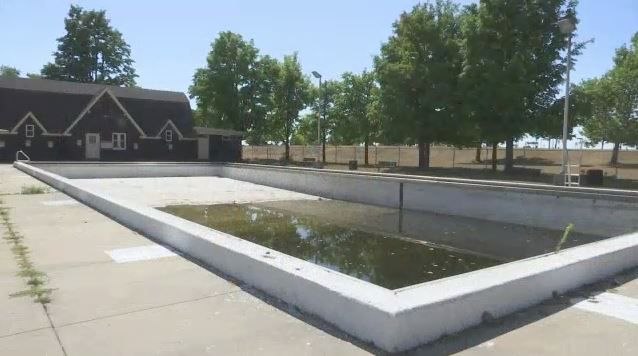

On Wednesday, the city approved a budget without major cuts. “It’s the toughest budget we’ve had to put together since I’ve been mayor in January of 2016,” Houston Mayor Sylvester Turner said in May. San Antonio’s current budget is predicted to drop by $200 million.Īnd in Houston, an original analysis projected a $169 million budget deficit for the upcoming fiscal year because of COVID-19. Dallas’ analysts are predicting that the current year’s revenue will be at least $33 million below previous estimates the city has already furloughed library and parks department workers as a result. In the past month, Texas’ most populous cities have been tallying their losses. And then I think you’ll see a continued hit to the budget the following year, so it will be at least two to two and a half years.” “This is not going to go away very quickly,” Sandlin said. On Wednesday, Texas Comptroller Glenn Hegar announced that local sales tax allocations for cities in June dropped by 11.1% in comparison with the same month last year.Īnd although the federal government has pledged assistance to cities through the CARES Act, experts say it won’t be enough to fill a void they expect to last for years.

The temporary closure of businesses and high levels of unemployment due to the pandemic have caused sales tax revenue - which make up a significant portion of cities’ budgets - to plummet. “I can’t speak for any particular city, but I think it’s going to be a deeper, far deeper recession than what we saw 12 years ago.” I think you’ll see branch libraries not opening,” said Bennett Sandlin, executive director of the Texas Municipal League, which represents city governments around the state. “For example, this summer you’ll see swimming pools not opening.
The economic impact from the coronavirus pandemic has left some of Texas’ biggest cities facing a difficult choice: cutting services like libraries, pools and parks, or raising taxes on their residents in the middle of the worst economy in a generation.


 0 kommentar(er)
0 kommentar(er)
